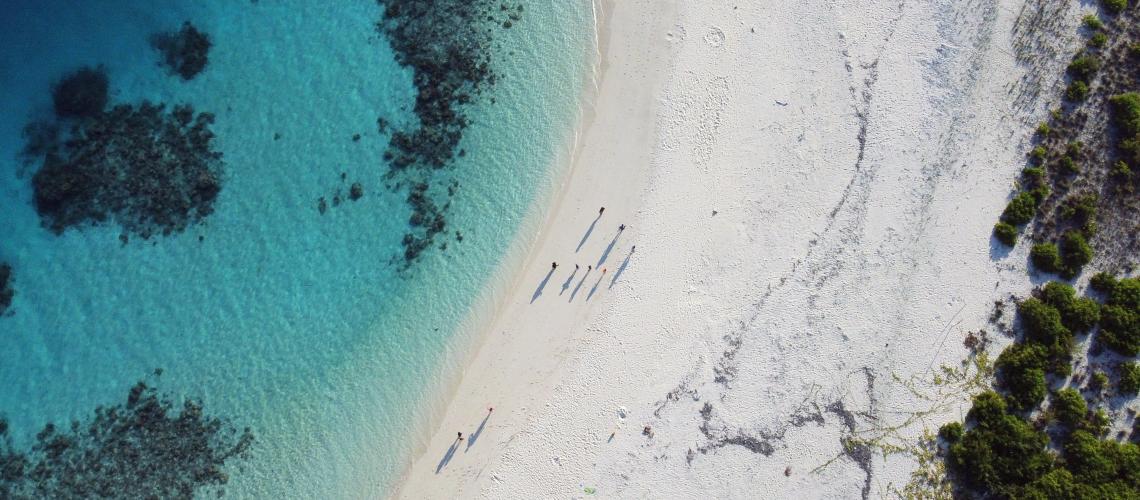
Asia & The Pacific
As a Small Island Developing State (SIDS), Maldives is faced with daunting challenges of resilience to climate change and disaster risk. The country is regularly exposed to floods, droughts, storms, monsoonal heavy rains, cyclones, storm swells and coastal erosion. The archipelago is also exposed to seismic activity which can cause tsunamis. Other disaster risks include fire accidents and oil spills. The observed impacts and projected risks of climate change present major risks to livelihoods, infrastructures, economic and socio-ecological systems as 70% of the country’s total land area is less than one meter above sea level.
Following a request from the National Disaster Management Authority (NDMA) within the Government of Maldives, the CADRI Partnership conducted a scoping mission in July 2022 focusing on seven key socio-economic sectors, i.e., agriculture and food security, education, environment and natural resources, human mobility, WASH, social protection and tourism. The scoping mission was followed by a comprehensive assessment and diagnosis of the Disaster Risk Management system in October 2022. This initiative was carried out in collaboration with the UN Resident Coordinator Office (UNRCO) and UNDP. The initial draft of the report was shared with partners for review and feedback in June 2023. However, finalizing the report faced challenges.
Recognizing the importance of these findings for strategic planning and action, the Maldivian government requested the elaboration of a Policymaker’s Digest of the diagnosis of national and local capacities to manage climate and disaster risks. All outputs have been finalized but are pending government validation and publication. Key findings have been integrated into the National DRR Strategy, endorsed in December 2024, and are expected to feed into the development of a National Adaptation Plan and five-year National Development Strategy.
